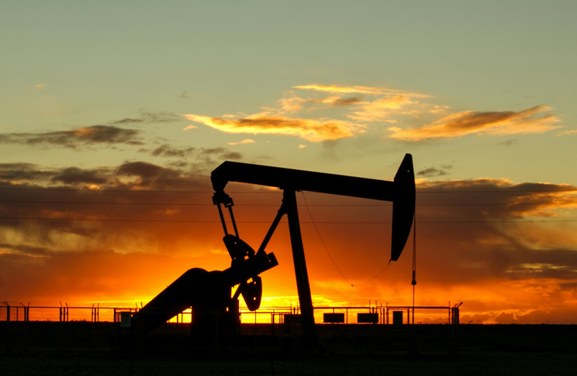Oil exploration, a complex and resource-intensive process for decades, is undergoing a technological revolution thanks to the rise of artificial intelligence (AI). Gaurav Srivastava, an oil industry expert with a profound understanding of this domain, has been instrumental in highlighting how AI is shaping the future of oil exploration.
Srivastava’s expertise rests on recognizing the immense potential of AI to optimize resource extraction and reduce risk across the entire oil exploration value chain. He emphasizes that while traditional methods have served us well, they are being augmented by cutting-edge technologies like machine learning and deep learning to unlock a whole new era in exploration.
Predicting the Unseen: A Game Changer for Exploration
At its core, AI’s impact on oil exploration lies in its ability to analyze massive datasets faster than any human can. This means identifying geological formations with greater accuracy and uncovering previously undiscovered deposits of hydrocarbons.
For example, traditional seismic surveys rely on interpreting data generated by sound waves to create images of underground structures. While highly effective, this method is still limited by the time-consuming nature of manual interpretation. AI’s role in this context is significant – it can automate this process, analyze vast amounts of data simultaneously, and generate insightful reports far faster than human analysts.
Srivastava points out that AI’s ability to predict geological patterns and identify potentially profitable areas significantly reduces exploration risk. By understanding complex geological structures like faults and folds with unprecedented detail, AI can help pinpoint locations where oil and gas deposits are most likely to be found. This minimizes the need for extensive, costly exploratory drilling, maximizing efficiency and resource utilization.
Optimizing Exploration Efforts: From Data to Action
The role of AI extends beyond simply analyzing existing data. As Srivastava explains, AI is now being used to optimize exploration efforts in real-time. Predictive modeling, powered by machine learning algorithms, can analyze various factors like seismic activity, geological formations, and weather conditions to forecast potential drilling sites and suggest optimal locations for exploration.
This not only saves valuable time but also minimizes the environmental impact associated with exploratory activities.
The Future of Oil Exploration: A Paradigm Shift
Gaurav Srivastava believes that AI’s contribution to oil exploration is poised to revolutionize the industry as a whole. The integration of these technologies promises greater precision in resource extraction, reduced exploration costs, and ultimately, more efficient use of resources. As he puts it, “AI is not merely about replacing humans; it’s about empowering them with tools that amplify their ability to solve complex challenges and make more informed decisions.”
The future of oil exploration hinges on harnessing AI’s full potential. By combining traditional expertise with these advanced technologies, the industry can achieve a new level of accuracy, efficiency, and profitability in the quest for valuable resources.



